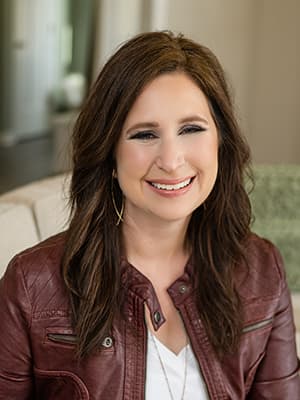
Most real estate professionals fail to have an exit strategy in their business, but that also means they may miss out on creating a valuable income stream for themselves in retirement.
“Real estate [professionals] tend to live day to day, not really thinking about what happens at the end,” says Mark Given, broker-associate with Mark Given Seminars in Roanoke Rapids, N.C. “You’re in a business with a tremendous opportunity to build something successful that other people would want to buy.”
The median age of REALTOR® is 53 years old, according to the National Association of REALTORS®’ 2017 Member Profile. And whether you’re a broker-owner, team leader, or agent, you’ll need to lay out an exit path years in advance. One to three years of preparation is the minimum amount of time you’ll need in order to get the most value from your business in the end, Given told attendees at the “Succession Planning: Creating Your Exit Strategy” session during the 2017 REALTORS® Conference & Expo in Chicago. Given and his co-presenter Lee Barrett, broker-owner of Barrett & Co. in Las Vegas, are instructors of a CRS course on succession planning and exit strategy.
Some brokers may find success in selling their firm to a competitor or a company that’s looking to expand into your market. But sometimes—especially for team leaders and individual agents—selling your business in one lump sum when you’re ready to bail can be a challenge, Given says. It’s harder to find someone to write you a check when you walk away than it is to replace yourself with a rainmaker who will build on your business several years before you leave.
As you begin planning for retirement, first determine how valuable your business is today.
Given says this includes:
1. The total potential profit from past and current business.
2. The place you hold in your market. (Take the number of homes sold in your area, and then figure the percentage you, or your company, have sold to determine your market share.)
3. The impact that a change of ownership could have on securing future business.
4. Any office locations you may own.
5. The value of your database.
For many brokers, team leaders, and agents, their database is usually their most valuable possession in business, Given says. To make your database even more valuable to a potential suitor, you need to prioritize and categorize your contacts. Given and Barrett recommend grouping your database in the following way:
A. Clients who have sent you a referral. (These are the most important people in your database, Given says.)
B. All other past clients.
C. Your active buyers and sellers.
D. Deletes (leads that aren’t likely to result in business).
Then, Given and Barrett suggest ensuring you have a robust contact management system to enhance the customer information you have on each client—particularly with your most valuable customers (your A’s and C’s). Besides their contact information, include extra details like how they prefer to be contacted, reasons to contact them, and systems contacting each grouping.
Groom Your Replacement
Another key component to creating an exit strategy is grooming the next rainmaker or leader to replace you. Who will your agents and clients stick by after you’re gone?
“If you walk away from your business, you need to position it for someone to take it over,” Given says. “There needs to be a strategy to replacing you.”
Barrett says you need to look for someone who shares your enthusiasm, is clear on the responsibilities of the job, has stellar listening and communication skills, has the prior experience in being able to do the job, and is coachable.
The person you choose can gradually start taking more responsibilities off your plate before you hand them over your business to ensure a smooth transition. Get an attorney to set up an arrangement for this transition too, Given and Barrett say.
Make Sure You’ll Be Financially Sound
Another big piece to your exit strategy is making sure you’ll be well-off financially to ride out your golden years comfortably. Three in four Americans have less than $30,000 saved for retirement, according to the Center for Retirement Research.
Barrett recommends building a referral stream post-retirement with key agents. But you may also want to take on more real estate investments in your personal portfolio, which will help you earn more residual income in your retirement years. Have money coming in from more than just the sale of your business, he says.
“You understand the real estate business so you’re in a good position to do this already,” Barrett says. “Never quit. Leave the business by creating other wealth-building aspects.”










